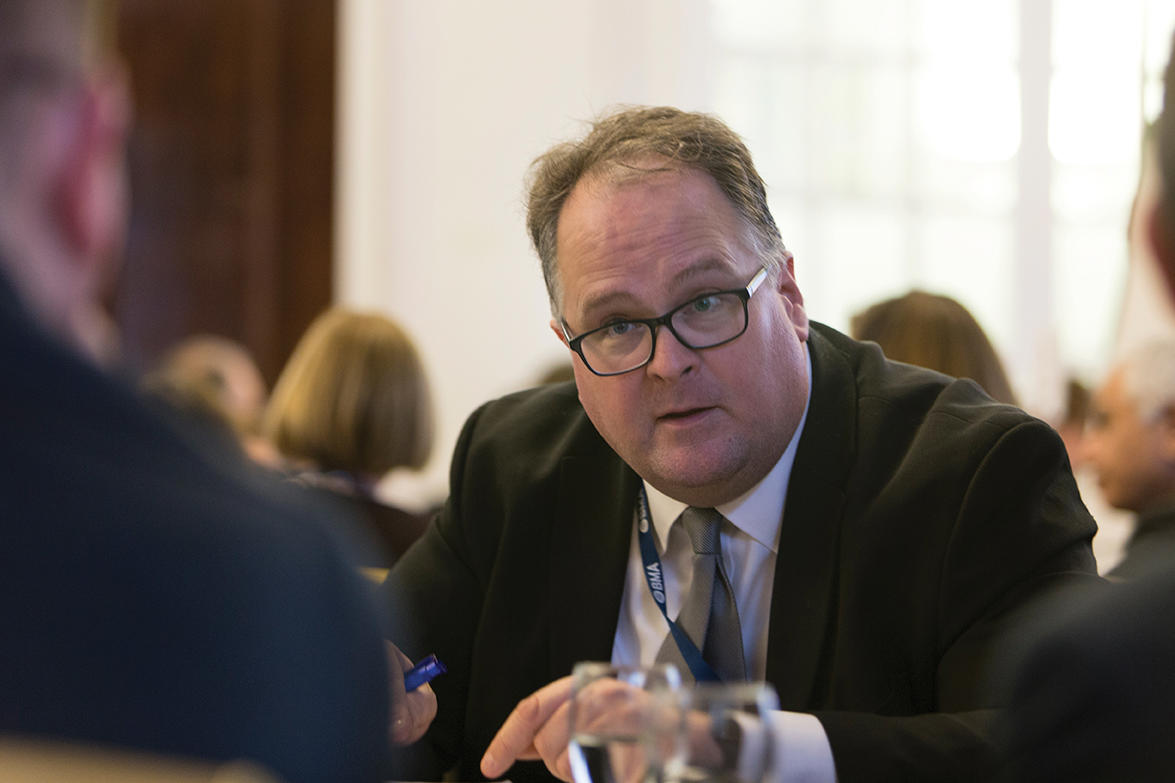Members of the association’s retired doctors committee endorsed calls for an investigation into the flawed re-registration and recruitment processes faced by many retired doctors, who had been urged to return to frontline service to assist the NHS in its battle against COVID-19.
Speaking at last week’s (3 June) online conference, retired GP John Hughes said that while retired doctors had been able to make significant contributions to healthcare during the pandemic, many had not been able to utilise their skills and experience owing to failings with return-to-work processes.
He said: ‘There has been a significant contribution of retired members to the COVID response, but there have been a significant number of problems.
‘As part of the review of the COVID response, I think it would be useful for the retired members committee and the BMA to consider working with both the Department of Health and the GMC to examine what worked well, what went wrong and very much how we can do things better in the future.’
Retired register
Dr Hughes suggested steps be taken to explore the creation of a database of retired doctors, including details of individuals’ particular skills and abilities, so that they could be more readily and effectively utilised in future.
Supporting retired doctors in returning to work has been one of the BMA’s priorities during COVID-19, with the association working with the Department of Health and medical defence organisations to ensure automatic free-of-charge NHS indemnity and professional cover for relicensed retired doctors, as well as producing guidance for doctors returning to work.
Backing Dr Hughes’ calls, retired emergency medicine consultant Andrew West told the conference of the obstacles he experienced when last year he attempted to return to frontline service.
He said that after completing a selection questionnaire two or three times and attending an interview with a medical director, he was ultimately told that there was an upper-age limit on retired doctors suitable for recruitment, and that his age therefore precluded him.
He said: ‘Competence and ability rather than age should be the determinant in [assessing] a retired doctors’ capabilities.’
Help at hand
 WRIGLEY: BMA is aware of the issues
WRIGLEY: BMA is aware of the issues
Speaking at the conference, BMA deputy council chair David Wrigley said the association was well aware of the problems and ‘ridiculous hoops’ many retired doctors had had to jump through during the early weeks of the pandemic, to re-register themselves.
Supporting the calls for consideration into how retired doctors’ skills could be better identified and utilised in future, he said there was a need for the contributions of such doctors owing to the looming backlog of non-COVID care facing the NHS.
The end of this year’s conference also saw BMA retired members committee chair and conference chair Brian Guttridge step down from both roles after reaching the end of his tenure.
Dr Guttridge will be succeeded as conference chair by RMC deputy chair Stephen Millar.

